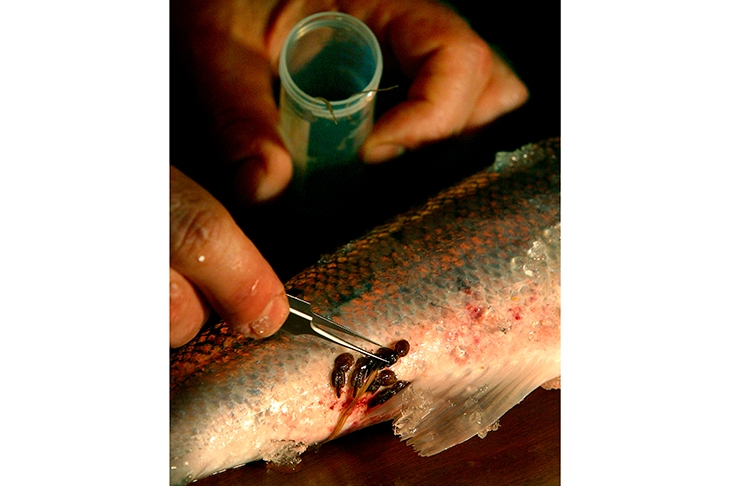‘I saw the best minds of my generation destroyed by cat videos,’ begins Henry Mance’s How to Love Animals, winningly. That is the paradox he sets out to unpick in this densely factual and intermittently horrifying book: how a world in thrall to cuteness, endlessly compelled to click on videos of kittens and owls having a special friendship, can remain indifferent to the suffering of almost all other animals, whether farmed, in captivity or in the wild.
That’s a tough brief. I’m not sure it’s a book I would choose off the shelf, because the subject matter is deeply unpalatable. The facts and figures — intensely researched and carefully woven into the two parts, ‘Killing Animals’ and ‘Loving Animals’ — speak for themselves. Billions of male chicks are destroyed each year as waste by-products of the egg industry. Even ‘crate free’ sows spend up to 40 per cent of their lives in tiny metal cages. Farmed fish are riddled with lice (good luck enjoying salmon again after reading Mance’s grisly description of this); ‘free range’ is far from the guarantee of a happy frolicking freedom we choose to believe; and captivity in zoos decimates the lifespan of many animals. Even our beloved pets disrupt ecosystems and contribute to climate change; far too many are cruelly kept. We sort of know this but pretend not to. This book makes that pretence impossible.
‘Free range’ is far from the guarantee of a happy frolicking freedom we choose to believe
You cannot fault Mance’s work ethic. He takes a hands-on approach to exploring our contradictions and cruelties in colourful, unexpected ways, skinning sheep in a slaughterhouse (as unpleasant as it sounds), failing to fish a freezing Scottish river and unsuccessfully hunting boar in Poland. He talks to researchers, farmers, zookeepers, ecologists and quixotic dreamers, and consults animal communication experts, lab-meat pioneers and even a Jain nun.
It’s varied and fascinating, and at times even funny.








Comments
Join the debate for just £1 a month
Be part of the conversation with other Spectator readers by getting your first three months for £3.
UNLOCK ACCESS Just £1 a monthAlready a subscriber? Log in